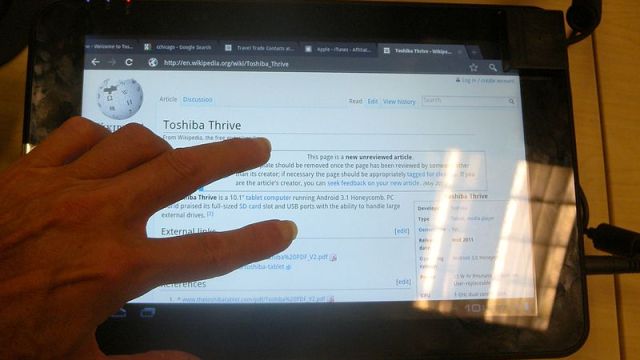The Help Elbows Accepted Historical Narrative Of The South Aside

For some strange reason, I ended up watching the new movie The Help yesterday, less than twenty four hours after viewing Driving Miss Daisy for the first time. The most enduring conclusion I could draw from the whole experience? General Sherman should have burned every god damned thing in the entire Confederacy down to the ground during the Civil War.
In my mind, Viola Davis had already earned the Oscar for best actress for her portrayal of maid Aibileen Clark as soon as I saw the look in her eyes, a soul numbed stare that America had invested over three hundred years of intense and unceasingly relentless physical and psychological terror to produce. The combination of outstanding cinematography and astonishingly precise dialogue in both films had me, a middle aged African American man who has lived in the South his whole life, short of breath and anxious, even though I knew it was all make believe. The brown skinned actors on the screen who so artfully brought these two scripts to life were not just actors, but people who looked and acted just like members of my own extended family. They are my great uncles and aunts, they are my grandparents, they are stand-ins for the stars of my family’s own sagas from this same era. Much of this family lore ends benignly, just like these two movies did, which has always led me to wonder about the unspoken stories with much, much worse endings.
Some of Driving Miss Daisy was filmed in Atlanta on Lullwater Drive while I was in college—just a couple of miles, in fact, from where I attended Emory University back in the eighties—but I was protesting a lot back then, and had absolutely no interest, at twenty years old, in seeing any film about a black man working as a servant for a white woman. Years later at my cousin’s college graduation, sitting in the quad of very same Emory University, Driving Miss Daisy screenwriter Alfred Uhry gave the commencement speech, but the film, by now a cinematic classic often shown on network television, didn’t pique my interest when I was in my thirties either.
Whether it was the story of a Jewish businessman in Atlanta who hired a black man to help chauffeur his elderly mother, or the story of upper middle class white women in Mississippi who hired black women to help take care of their children, cook their food and clean their homes, the essence of the intimate day-to-day relationships between black house servants and their white employers cum masters makes it even harder to understand how white Americans could have been so committed for so long to maintaining the status quo of racial separation.
As I’ve said in my previous book review, the most attractive part of the The Help to me was how author Kathryn Stockett seemed to be wading through the pages of our history books, elbowing the accepted historical narrative of the South aside to finally make room for the entire truth of our country’s complete heritage. I grew up in South Carolina, which has more than its share of ignorance and backwardness, but it is a place where there are so many black people in the lower half of the state that it was impossible for white South Carolinians to pretend that good, decent, honorable, hard working, God fearing black people did not exist. It has probably taken every bit of twenty five years for this knowledge to sink into my head enough to understand a movie like Driving Miss Daisy. Alfred Uhry didn’t try like Ms. Stockett to elbow aside any of our accepted historical narratives, but succeeded rather brilliantly at getting us to read between the lines instead.
As I cranked up my car yesterday to go home, I wondered—if all the energy wasted devising strategies and laws and customs to subjugate black people for several hundred years in America had been used to do something useful instead, where would we be as a nation now?





